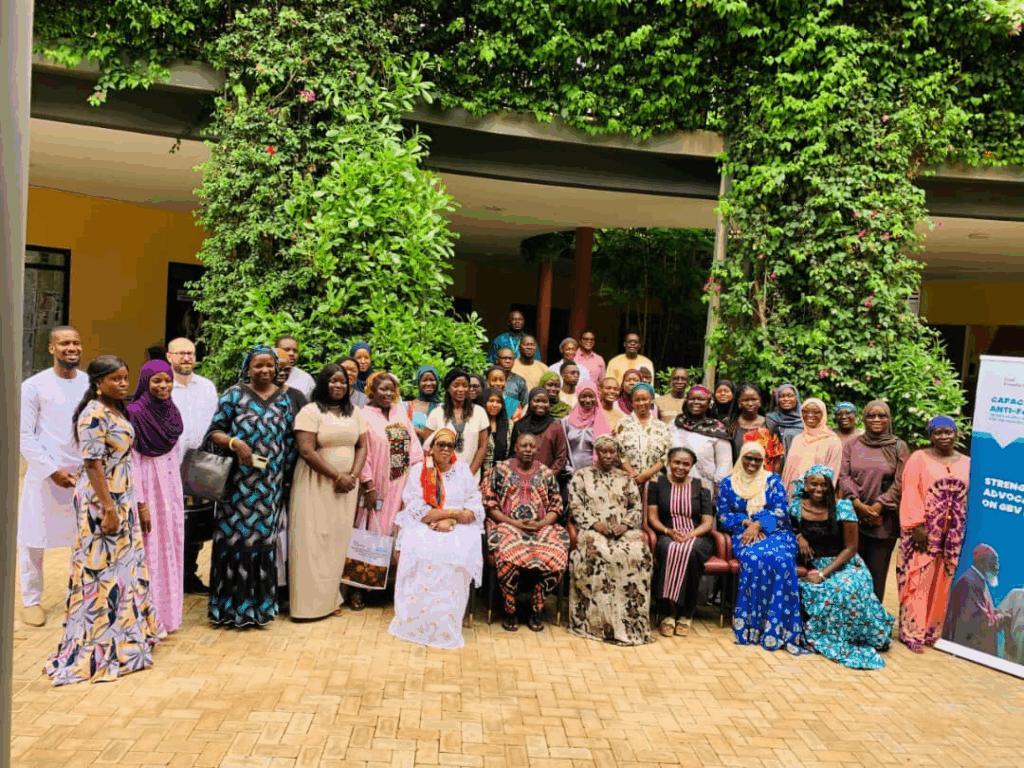Africa-Press – Gambia. ROAJELF Gambia has organized a capacity-building workshop for anti-FGM advocates as part of the project’s “Inclusive Approach on Ending SGBV with Traditional and Cultural Leaders.”
The training opened on Friday, September 12, 2025, at Bakadaji Hotel under the theme: Capacity Building of Anti-FGM Advocates on Messaging and Development of Strategies for the Inclusion of Religious Leaders.
The workshop aims to strengthen the skills of civil society advocates and religious representatives in using effective advocacy tools, harmonized messaging, and strategies to involve religious leaders in the fight against harmful traditional practices and gender-based violence (GBV).
Fallu Sowe, National Coordinator of the Network Against GBV, said gender-based violence continues to be a serious issue in The Gambia. He recalled the 2023 backlash against the anti-FGM law, stressing that it brought CSOs and partners closer to the government in defending protective legislation. “The law is not only for women; it protects everyone. FGM has been a problem for centuries, and the data shows we have made very little progress in reducing its prevalence,” he said.
Citing Demographic and Health Survey (DHS) data, Sowe noted that prevalence dropped slightly, from 75% in 2013 to 73% in 2019/2020. He added that child marriage remains another harmful practice with long-term consequences for the population.
Joy Michael, Programme Specialist at UNFPA, stressed the importance of evidence-based advocacy. “If we are well-sharpened, with advocacy grounded in evidence rather than sentiment, we can gain more mileage. Poorly communicated messages can cause more harm than good,” she said.
Representing the Minister of Gender, Neneh Touray highlighted the urgency of addressing GBV, noting recent alarming cases of rape involving minors. “Issues of FGMC continue to claim lives, and building capacities can never be enough. GBV cases do not matter for negotiation; they must be addressed by law,” she said.
Touray urged new approaches in tackling GBV, especially empowering young girls within communities to influence change. “We must maximize support for one another if we are to eliminate GBV in this country. Enhancing girls’ agency is key, because they will be the ones to shape the future,” she concluded.
For More News And Analysis About Gambia Follow Africa-Press






